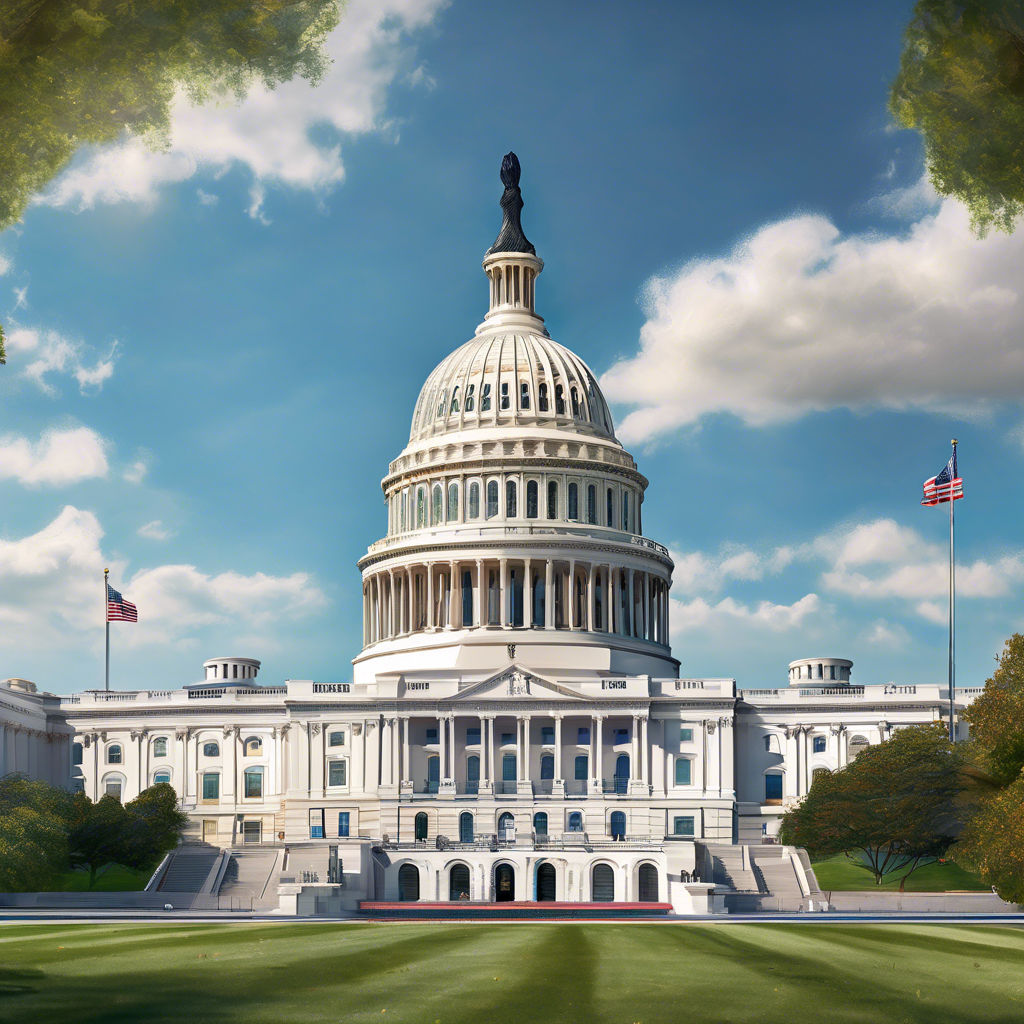US Congress Nears Comprehensive Stablecoin Regulation to Enhance Financial Security and Innovation

Brief news summary
The U.S. Congress is nearing approval of comprehensive legislation to regulate stablecoins—digital assets pegged to fiat currencies like the U.S. dollar that provide stability in volatile crypto markets. Stablecoins enable fast transactions, improve liquidity, and support risk management, with uses in retail payments, remittances, cross-border transfers, and central bank digital currencies. Proposed bills, including the GENIUS Act, aim to balance innovation, consumer protection, and financial stability by requiring transparency, reserve backing, capital requirements, and oversight from agencies such as the Treasury and SEC. Regulations would ensure stablecoins are fully backed, regularly audited, and compliant with anti-money laundering and counter-terrorism laws to curb illicit activities. Establishing clear rules will set industry standards, foster innovation, build public trust, and encourage widespread financial adoption. Passing this legislation would position the U.S. as a leader in digital asset regulation, promoting safer, more efficient global financial systems.After multiple efforts over the years, the United States Congress is now close to enacting a comprehensive regulatory framework specifically for stablecoins. Stablecoins are digital assets designed to maintain stable values, typically pegged to fiat currencies like the U. S. dollar. They have attracted significant attention by combining cryptocurrency benefits—such as fast, low-cost transactions—with avoidance of the high volatility seen in assets like Bitcoin or Ethereum. In recent years, stablecoins have functioned mainly as tools for investors and traders to rapidly move funds within the cryptocurrency ecosystem without converting back to traditional currencies. This role has been crucial for risk management, liquidity, and operational efficiency in decentralized finance markets. Nonetheless, many advocates foresee stablecoins playing a much larger role in everyday financial activities. These expanded uses could include remittances, retail payments, cross-border transactions, and even the issuance of central bank digital currencies (CBDCs). Such applications have the potential to transform the financial system by lowering costs, accelerating transaction speeds, and enhancing financial inclusion for underserved populations. Acknowledging their rising importance and impact, lawmakers and regulators have worked to establish a clear, effective regulatory framework. Previous legislative attempts encountered challenges, mainly due to conflicting views on how to balance innovation with consumer protection and financial stability. Currently, various bills aim to create a federal regulatory regime for stablecoin issuers and related entities. A key proposal is the General Regulation of Innovative and Useful Stablecoins Act (GENIUS Act), which would enforce transparency, reserve backing, capital requirements, and integrate oversight within agencies like the Treasury Department and the Securities and Exchange Commission.
These initiatives reflect a growing agreement that stablecoins require regulation to mitigate systemic risks while supporting technological progress. The framework would mandate that stablecoins be fully backed by liquid assets, undergo regular audits, and comply with anti-money laundering (AML) and counter-terrorism financing (CTF) laws. The objective is to build a resilient, trustworthy stablecoin ecosystem that safeguards consumers and the broader financial system. Despite their benefits, stablecoins also raise concerns, including potential misuse for illicit activities such as money laundering, terrorist financing, and tax evasion. Their digital and global nature complicates enforcement, particularly across jurisdictions. Experts maintain that comprehensive regulatory oversight and enhanced compliance can effectively manage these risks. Implementing robust AML and Know Your Customer (KYC) protocols alongside technological transaction monitoring can reduce vulnerabilities to abuse. Moreover, regulatory clarity is anticipated to boost industry standards, spur innovation, and increase public confidence. Clear rules will encourage established financial institutions to engage with digital assets, broadening stablecoins’ adoption in mainstream finance. This article explores key illicit finance risks linked to stablecoins and how thoughtful regulation can address them. It also assesses the broader implications of stablecoin regulation on digital currency’s future and financial services. In conclusion, as Congress moves toward finalizing stablecoin regulations, stakeholders must balance fostering innovation with ensuring financial integrity and security. Effective legislation could position the United States as a global leader in digital asset regulation, promoting safer, more efficient financial systems for the future.
Watch video about
US Congress Nears Comprehensive Stablecoin Regulation to Enhance Financial Security and Innovation
Try our premium solution and start getting clients — at no cost to you

I'm your Content Creator.
Let’s make a post or video and publish it on any social media — ready?
Hot news

AI Video Content Moderation Tools Combat Online H…
Social media platforms are increasingly employing artificial intelligence (AI) to improve their moderation of video content, addressing the surge of videos as a dominant form of online communication.

US revisits its export curbs on AI chips
POLICY REVERSAL: After years of tightening restrictions, the decision to permit sales of Nvidia’s H200 chips to China has sparked objections from some Republicans.

AI was behind over 50,000 layoffs in 2025 — here …
Layoffs driven by artificial intelligence have marked the 2025 job market, with major companies announcing thousands of job cuts attributed to AI advancements.

Perplexity SEO Services Launched – NEWMEDIA.COM L…
RankOS™ Enhances Brand Visibility and Citation on Perplexity AI and Other Answer-Engine Search Platforms Perplexity SEO Agency Services New York, NY, Dec

Eric Schmidt's family office invests in 22 AI sta…
An original version of this article appeared in CNBC's Inside Wealth newsletter, written by Robert Frank, which serves as a weekly resource for high-net-worth investors and consumers.

Future of Marketing Briefing: Why 'just good enou…
Headlines have focused on Disney’s billion-dollar investment in OpenAI and speculated why Disney chose OpenAI over Google, which it is suing over alleged copyright infringement.

Salesforce Data Reveals AI and Agents Drive Recor…
Salesforce has released a detailed report on the 2025 Cyber Week shopping event, analyzing data from over 1.5 billion global shoppers.
AI Company
Launch your AI-powered team to automate Marketing, Sales & Growth

and get clients on autopilot — from social media and search engines. No ads needed
Begin getting your first leads today








